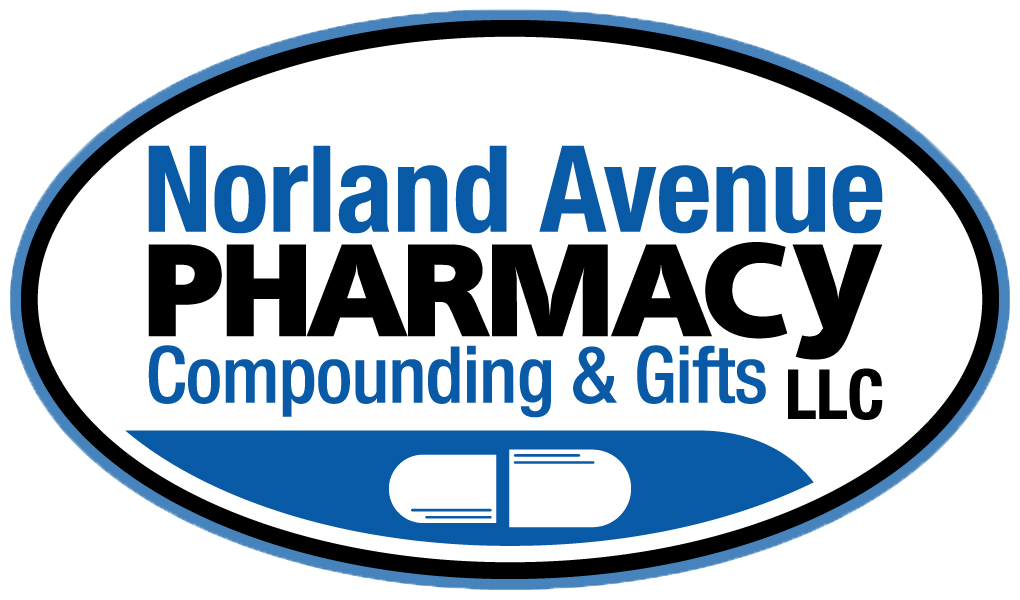February is the month of the heart for many reasons. Valentine’s Day is February 14th, it is the holiday of love and the emotional heart. It is also designated as heart month by two separate organizations: Heart Health Month by the Heart Foundation and American Heart Month by the American Heart Association. Both of these causes center on the physical heart.
So why is there so much focus on heart disease? The physical heart is one of the most important organs in your body. Many people don’t know this, but heart disease continues to be the number one cause of death in the United States. It accounts for nearly one out of every four deaths in the country.
Having your cholesterol checked is one way of keeping tabs on your heart disease risk. When talking to patients about their cholesterol, we often hear this statement; ”My bad genes are the cause of my high cholesterol, it’s in my family.” Yes, genes can play a part of your cholesterol level but the study below shows that even if your genes are not favorable, you can make changes to decrease your risk.
A 2016 study in the New England Journal of Medicine entitled “Genetic Risk, Adherence to a Healthy Lifestyle, and Coronary Disease” came to the following conclusion. Across four studies involving 55,685 participants, genetic and lifestyle factors were independently associated with susceptibility to coronary artery disease. Among participants at high genetic risk, a favorable lifestyle was associated with a nearly 50% lower relative risk of coronary artery disease than was an unfavorable lifestyle.
There you have it! Lifestyle modification can lower your risk of heart disease by nearly 50%. That includes exercise, diet, stress reduction, and better sleep. Making simple changes can prove big benefits in not just your cardiovascular health but your overall health.
The promotion of healthy lifestyle behaviors that were listed in the study include not smoking, avoiding obesity, regular physical activity (at least once a week), and a healthy diet pattern. It really does not require a significant change to make a big difference in decreasing the risk.
The root cause of heart disease is simply an inflammation in your arteries. Designing a diet that is anti-inflammatory in nature is one of the best ways to reduce your risk. A diet rich in antioxidants and phytonutrients that fight free radical damage is one of the keys to treating the underlying condition, which is oxidative stress.
How do you know what the top antioxidant foods are? Anything loaded with fiber, grown directly from the earth, and brightly colored is a good place to start!
If you look at evidence from many people living a traditional diet, saturated fats do not cause coronary heart disease. Foods containing saturated fats — such as full-fat dairy, organ meats, beef, eggs, lard, and butter — are actually found in high levels in many of the healthiest, longest-living people that have been studied.
Foods that help reduce inflammation and, therefore, the risk of CHD include:
• Fiber-rich and antioxidant-rich foods of all kinds
• Vegetables - all kinds – mainly deep green and colorful – vegetables to avoid would be potatoes and corn
• Fruits – especially berries and citrus
• Herbs and spices
• Traditional teas like green tea
• Legumes and beans
• Healthy fats found in nuts, seeds, avocados, wild caught fish, coconut oil, and extra virgin olive oil
• Raw, unpasteurized dairy products, cage-free eggs, and pasture-raised poultry
Omega-3s from fish and fish oil have been recommended by the American Heart Association for the past 20 years to reduce cardiovascular events, like heart attacks and strokes, in people who already have cardio-vascular disease. There are two main omega-3 fatty acids found in fish and fish oil: EPA and DHA. It is recommended that you look for a supplement that has more EPA than DHA. A good omega-3 supplement can help…
• Reduce triglycerides, a type of fat in your blood.
• Reduce the risk of developing an irregular heartbeat (arrhythmias).
• Slow the buildup of plaque which hardens and blocks arteries.
• Slightly lower blood pressure.
We like Healthy Living Solutions’ Ultra Omega-3. If you would like to learn more about omega-3s and heart health, consider joining Dr. Wayne at his FREE Heart Health seminar this month. Visit our events page for more details.
*These statements are culmination of the knowledge and experience of the team at Norland Pharmacy. The information provided here is for informational purposes only. Please consult your healthcare provider with questions concerning any medical condition or treatment. These statements have not been evaluated by the Food and Drug Administration, and this product is not intended to diagnose, treat, cure or prevent any disease.


Comments